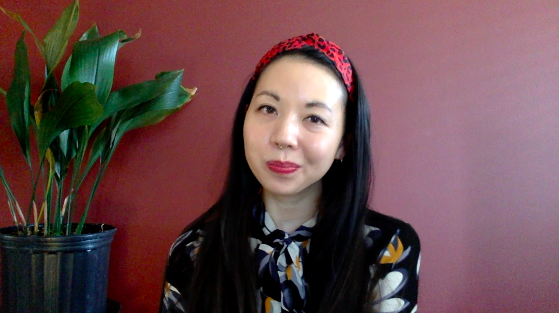2 New-ish Perspectives on Work-Life Balance
Who needs work-life balance when you can 'Drop the Ball' or put your priorities 'in conversation' with one another?
With the onset and endurance of the COVID19 pandemic, there have been many hot takes and disturbing changes in work-life balance. All over North America at least, we have seen women drop out of the workforce at such an alarming rate that many experts are calling this pandemic-induced trend a “shecession”.
In animation, we have fortunately been able to work from home, though the balance between work and life has become a lot more blurred, if existing at all. Production staff and supervisors have observed a rise in ghost hours - people quietly logging on and working on their shots or assets at all times of the day, night, weekends because our work is well, there.
This is a very complicated issue, and as I am neither an economics or business expert, I wanted to offer two specific takes on work-life balance, one from Tiffany Dufu and the other from David Whyte. I have read their books over the course of the pandemic, and I think both have something unique to offer that is worth thinking on when it comes to work-life balance.
Tiffany Dufu offers some insightful observations along class and gender lines for work-life balance, referring specifically to women in her book Drop the Ball and how we can support the advancement of women’s careers in particular observing,
“The challenge is that in order to get to one of these high-powered jobs, we have to go through period of being middle managers without the privileges that a higher salary and autonomy at work provide […] it’s important for couples to understand that cultivating a village of people who are willing to carry the ball for us requires intentional action on our part: we have to ask for help and make our needs known. Once we do, we may find that support comes to us from surprising sources”
-Tiffany Dufu
I would like to emphasize that for those of us in managerial and leadership roles that the action for us that comes with Dufu’s words in her subtle critique of work-life balance and class/gender is that we need to normalize asking for help AND recognize that as people grow in their roles, our support for them needs to scale appropriately and thoughtfully.
Our next take on work-life balance is David Whyte’s thesis in The Three Marriages: Reimagining Work, Self, and Relationship. Whyte’s entire book posits that we have three marriages in our lives: to our work, to ourselves, and at some point or another, a major relationship.
Whyte suggests that we throw the concept of work-life balance out the window entirely, and replace it what the idea of putting these differing priorities in conversation with one another, a beautiful take I think. Whyte says:
“[..] we should give up the attempt to balance one marriage against another, of , for instance, taking away from work to give more time to a partner, or vice versa, and start thinking of each marriage conversing with, questioning, or emboldening the other two […] each of the three marriages is nonnegotiable at its core, we can start to realign our understanding and our efforts away from trading and bartering parts of ourselves as if they were salable commodities and move toward finding a central conversation that can hold all of these three marriages together”
-David Whyte
Whyte also offers a challenge to the preciousness that comes with the tired work-life balance conundrum. These days especially we are forced to confront it. We can be on a serious client call with a basket of laundry at our feet and pets yowling in the background. We are working on a shot to meet a major deadline and a family member wanders through your workspace, asking for something.
I therefore find Whyte’s words immensely comforting when he says:
“A work is achieved not by creating a hermetic space sealed off from the world, but nel mezzo, in the middle of everything.”
-David Whyte
RESOURCES
- The Three Marriages: Reimagining Work, Self, and Relationship by David Whyte
- Drop the Ball: Achieving More by Doing Less by Tiffany Dufu
- Like Paradise: 5 Utopian Books
- Thought Exercise #1: Done is Another Person's Perfect


